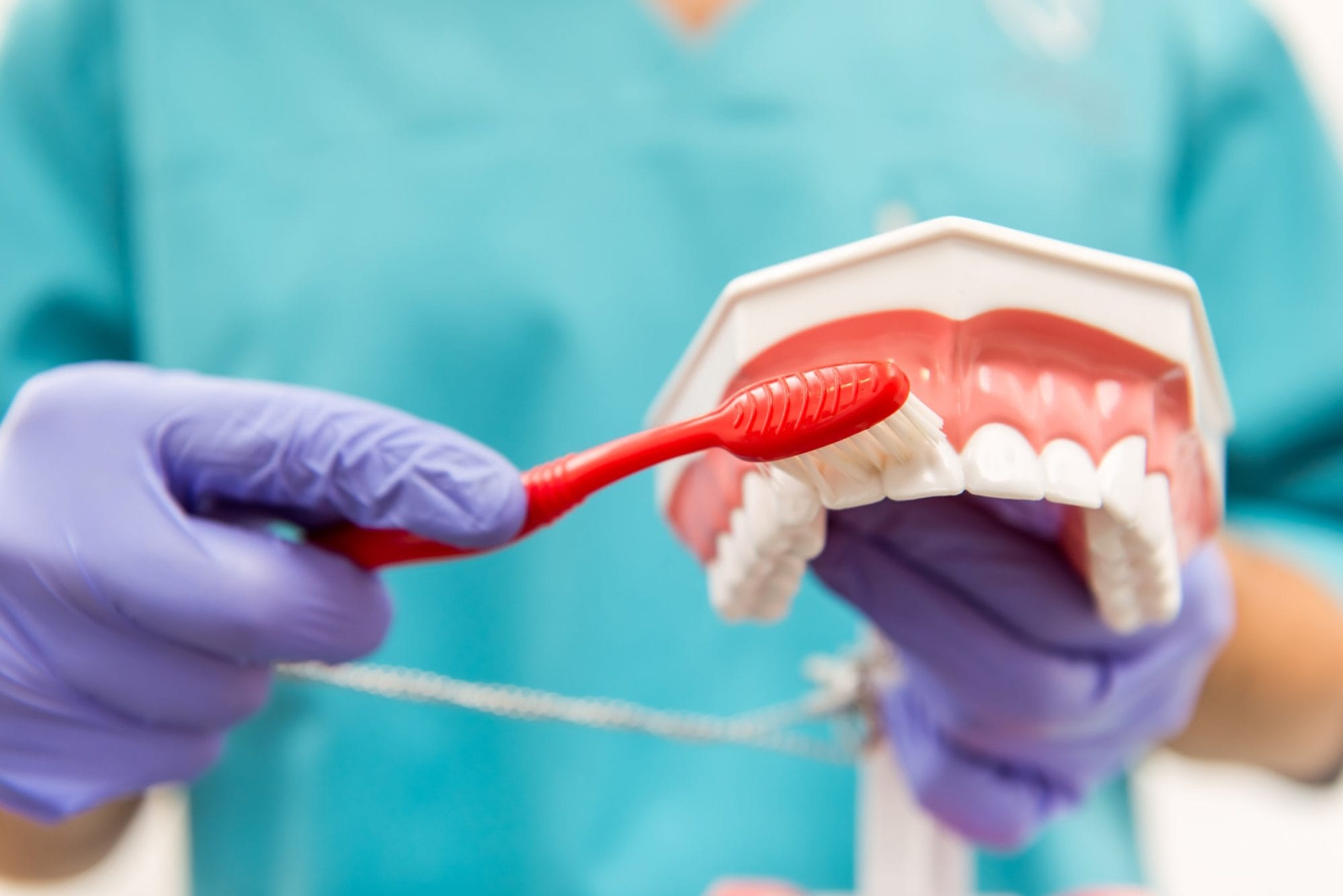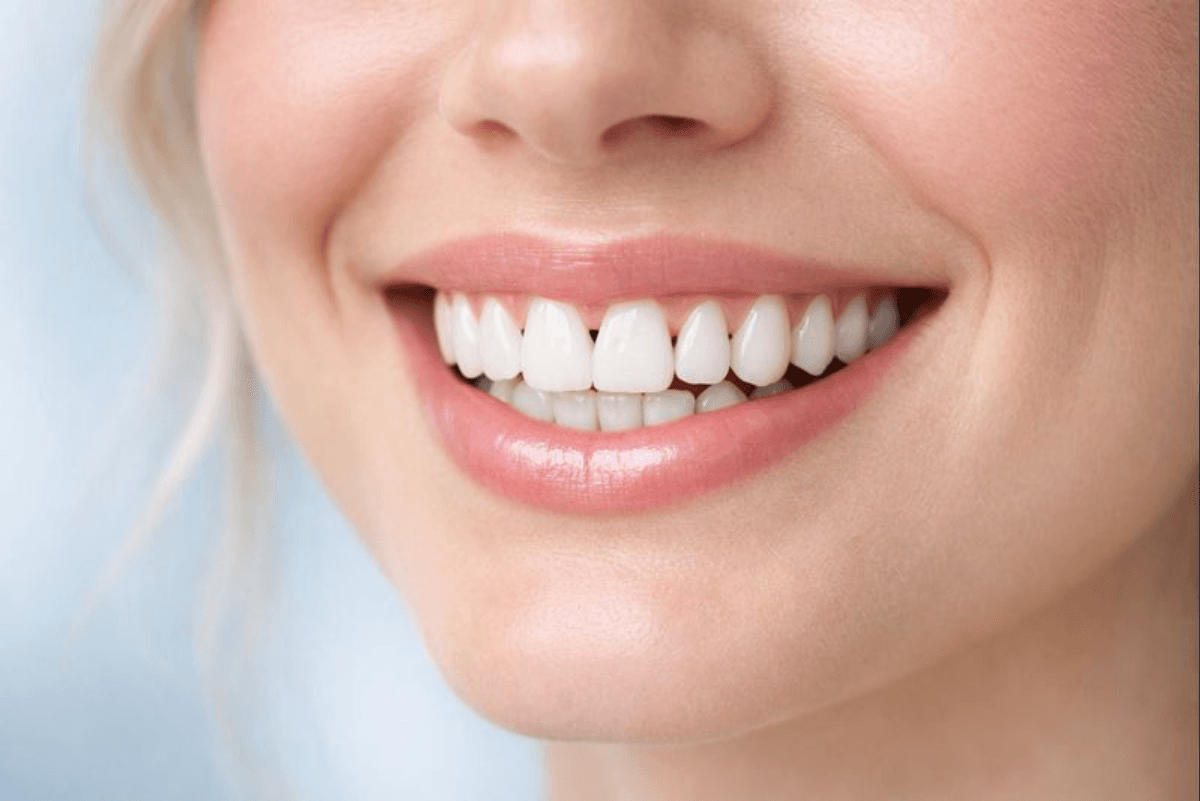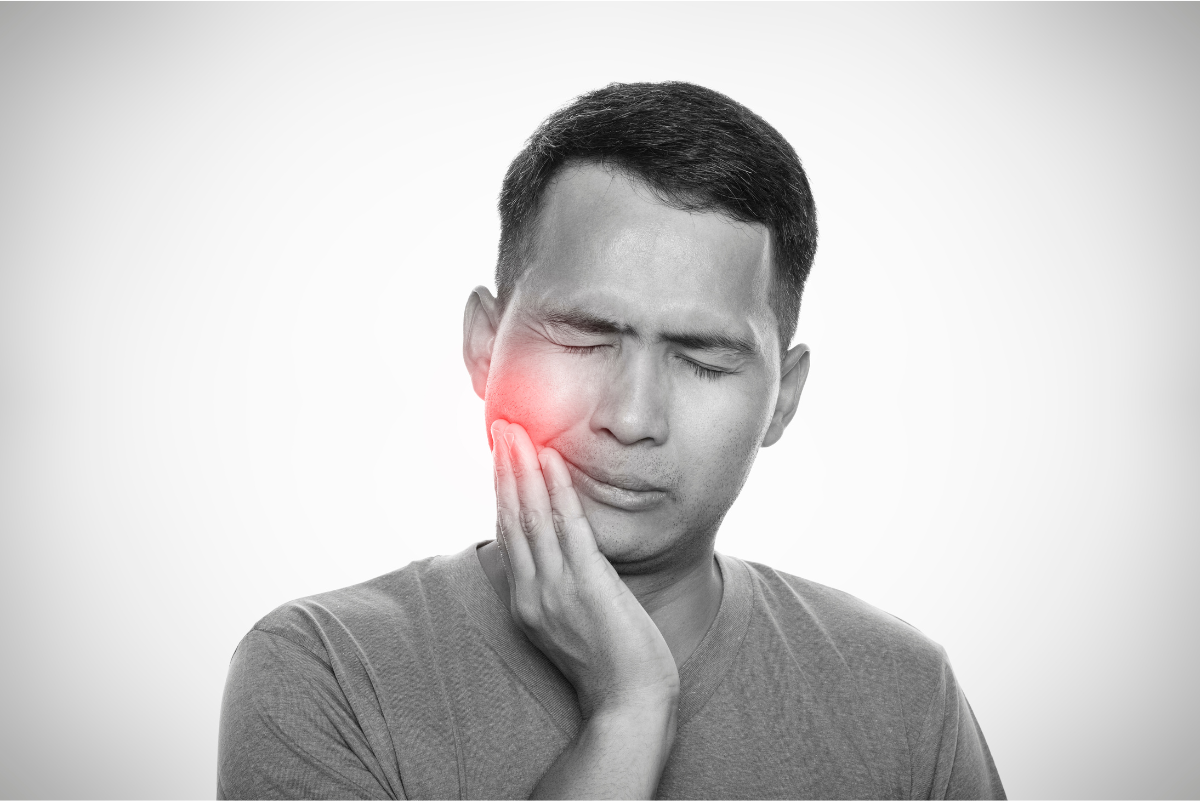Did you know your daily habits could be the difference between healthy gums and gum recession? Small changes in your routine can have significant effects on your oral health. Gum recession is a common issue that exposes the roots of your teeth, leading to sensitivity, increased risk of decay, and even tooth loss. The good news is that this condition is preventable and manageable with the right lifestyle and care.
This article will help you understand how to stop gum recession through smarter lifestyle choices, better oral care, and professional support.

Why Gum Health Matters
Healthy gums lay the foundation for a strong, healthy smile. When gums recede, the protective tissue around your teeth pulls back, exposing the root. This can lead to:
- Tooth Sensitivity: Exposed roots often feel a sharp pain from hot or cold foods and drinks.
- Higher Risk of Tooth Decay: The roots of your teeth lack the protective enamel layer, making them prone to cavities and acid erosion.
- Tooth Loss: Severe gum recession can allow easy access for bacteria around the root of the tooth, potentially leading to infection and tooth loss.
Early signs of gum recession include longer-looking teeth, frequent gum bleeding, and sensitivity. Recognizing these signs early is key to prevention and treatment.
How Lifestyle Choices Impact Gum Health
Your daily habits, from your food choices to your hygiene routine, directly affect your gum health. Here’s what you need to be on the look for so you know how to stop gum recession.
1. Diet and Gum Recession
What you eat doesn’t just fuel your body—it also impacts your gums.
The Bad
- Sugary Foods: Fuel bacteria in the mouth, leading to plaque buildup and gum disease.
- Acidic Drinks: Erode enamel and weaken gum tissue.
The Good
- Leafy Greens: Rich in folic acid, which helps gums resist infections.
- Vitamin C-Rich Fruits: Promotes collagen, essential for healthy gums.
- Nuts and Seeds: Packed with omega-3s, which are anti-inflammatory and support gum health.
Pro Tip: Swap out acidic sodas for alkaline water/beverages, such as almond milk, coconut water, or green tea.
2. Smoking and Gum Recession
Smoking is one of the leading culprits behind gum disease. It restricts oxygen in the blood, slowing gum tissue healing and accelerating recession.
- Studies show that smokers are significantly more likely to experience severe gum disease and tooth loss compared to non-smokers.
- Smoking also masks early signs of gum disease, such as bleeding gums, making it harder to detect and treat the issue early.
Need help quitting? Look into local resources or consult your dentist for advice on reducing tobacco-related oral health risks.
3. The Truth About Vaping
Think vaping is harmless? Think again.
The chemicals in vaping liquids can cause gum inflammation and irritation. Evidence suggests vaping increases the risk of bone loss and gum recession, much like smoking does.
If you vape and are concerned about its effects on your gums, consult your dentist as soon as possible.
4. Oral Hygiene Habits and Gum Recession
Your dental hygiene routine plays a critical role in determining the health of your gums.
Brushing Well
- Too Aggressive: Overbrushing can wear down gum tissue. Use a soft-bristled toothbrush and gentle circular motions.
- The Right Tools: An electric toothbrush with a pressure sensor can help prevent excessive force.
Flossing Daily
- Removes bacteria and food particles from between teeth, where your toothbrush can’t reach.
- Prevents plaque buildup that leads to gum disease.
Regular Checkups
- Professional dental cleanings remove tartar that can worsen gum recession.
- Dentists can spot early signs of gum problems and intervene before they escalate.
5. Stress and Teeth Clenching
When life gets stressful, habits like teeth grinding (bruxism) often follow. Clenching puts excess pressure on your teeth and gums, worsening recession over time.
How to Control It
- Night Guards: Protect your teeth and gums from nighttime grinding.
- Stress-Management Techniques: Yoga, meditation, or simply prioritizing self-care can reduce clenching.
If grinding or clenching is a concern, talk to your dentist about fitting a night guard tailored to your needs.
How to Stop Gum Recession
While prevention is always the goal, there are actionable steps you can take. Here’s a simple guide to maintaining gum health and addressing the recession:
- Replace sugary and acidic foods with gum-friendly alternatives like leafy greens and vitamin C-rich fruits.
- Quit smoking or vaping as soon as possible to reduce gum disease risks.
- Brush twice a day with a soft-bristled toothbrush using the proper technique.
- Floss daily to remove plaque and bacteria from hard-to-reach areas.
- Lower stress with relaxing activities to manage teeth clenching or grinding.
- Schedule regular dental cleanings and exams to catch gum recession early.
At Eau Claire Park Dental, we specialize in preventing and treating gum recession. Whether it’s expert advice or advanced dental care like scaling, root planing, or gum grafting, we’re here to help.
Take Charge of Your Gum Health
The best way to stop gum recession is to stay proactive. By making small, impactful changes—like improving your diet, quitting smoking, and perfecting your oral hygiene—you can keep your gums healthier for longer.
If you’re already experiencing signs of gum recession, don’t wait. Contact Eau Claire Park Dental today for personalized guidance and treatments designed to protect your gums and preserve your smile for years to come.
Your gum health isn’t just a detail—it’s the foundation of your oral well-being. Take the first step today.
Have you noticed any signs of gum recession? What steps have you taken to maintain the health of your gums? We'd love to hear your thoughts!



